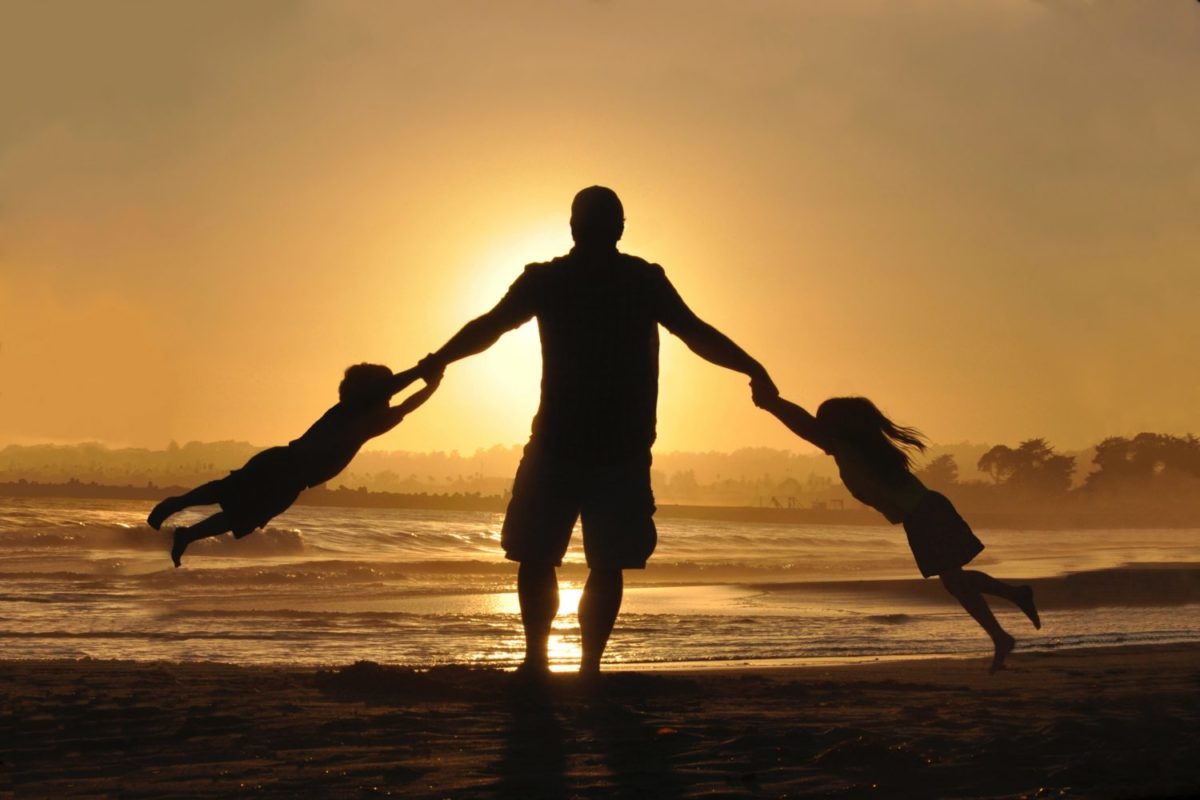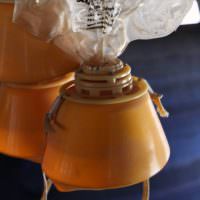How to help keep your kids from being afraid of flying…
While many flyers are concerned about their own fear of flying, others worry about influencing or projecting their fear onto their children. It can be a delicate balancing act when you try to put on a brave face for your kids, when inside feel like a nervous wreck.
So, if traveling with your children, try to be mindful of how you talk and act around them. Many people worry about projecting their fears onto our kids, and there are a number of ways to help ensure that doesn’t happen.
 As many parents learn, a child’s first encounter or experience with something can be a make or break moment for whether or not they love it or hate it. Granted, that impression won’t last forever, but it can sometimes take a while to overcome. At the same time, we need to recognize that children’s brains are curious sponges, yearning for knowledge and understanding. If you need a reminder of that, just wait until your kid reaches the point of incessantly asking, “why?”
As many parents learn, a child’s first encounter or experience with something can be a make or break moment for whether or not they love it or hate it. Granted, that impression won’t last forever, but it can sometimes take a while to overcome. At the same time, we need to recognize that children’s brains are curious sponges, yearning for knowledge and understanding. If you need a reminder of that, just wait until your kid reaches the point of incessantly asking, “why?”
In preparation for the flight, you can show your child pictures, videos, and books about planes. As you explore any and all of these resources, remember to offer detailed explanations with enthusiasm and excitement. Focus on the positive when able. When it comes to noises, bumps, and other sensations, try to make it more of a game. As you read the book or watch the video, try to bounce up and down as you sit on the couch, making fun sounds like, “wheeeee!” This gives your child a taste of what they might feel on the plane and establishes a positive association with the bumps. It also can be pretty fun and entertaining.
“Talk them through the entire process of traveling…”
Talk them through the entire process of traveling, from the time you set foot in the airport, through boarding, takeoff, and landing. Feel free to be as detailed as you want. There’s an added bonus in doing this for the sake of your kids… it’s also therapeutic for you! Preparation for both you and your child go hand in hand. Walking through it all well in advance of your trip also gives you the opportunity to give yourself breaks if you find any part of the process to cause anxiety. Additionally, you can practice the flight as often as you wish. In doing so, you may come to find that the whole experience of traveling went much easier than expected for you as well as your child.
Additionally, try to reference other relatable experiences or objects when explaining sights, sounds, or sensations. “Hear the engines getting louder? What else makes loud noises like that? (lawnmower, leaf blower, garbage disposal, etc.).”
If all else fails, once you are on the flight, there are a few other tricks you can use. Should you happen to find yourself becoming anxious or fearful, and you worry that you’ll project this onto your kids, simply suggest a game. “Whoever spots the next plane with a blue tail wins a prize.” “How many planes can you see out the window?” “Count the number of clouds you see?” “Do any clouds look like animals?” Depending on your own level of discomfort, you can try to play along. It may help you take your mind off whatever aspect of the flight is causing anxiety.
“…the more prepared you are, the better the odds for a positive outcome.”
Ultimately, the right mix of preparation and engagement should help to make it a pleasant experience for your child and a tolerable (or even good) experience for you. Like any endeavor, the more prepared you are, the better the odds for a positive outcome. While overcoming your fear may be a long process, with the right approach, you may find that getting your child to be comfortable with flying is relatively easy. With any luck, they end up anxiously awaiting the trip, because they are so excited to start the experience. For other tips on traveling with kids, check out our Basic Tips for Traveling with Children.






